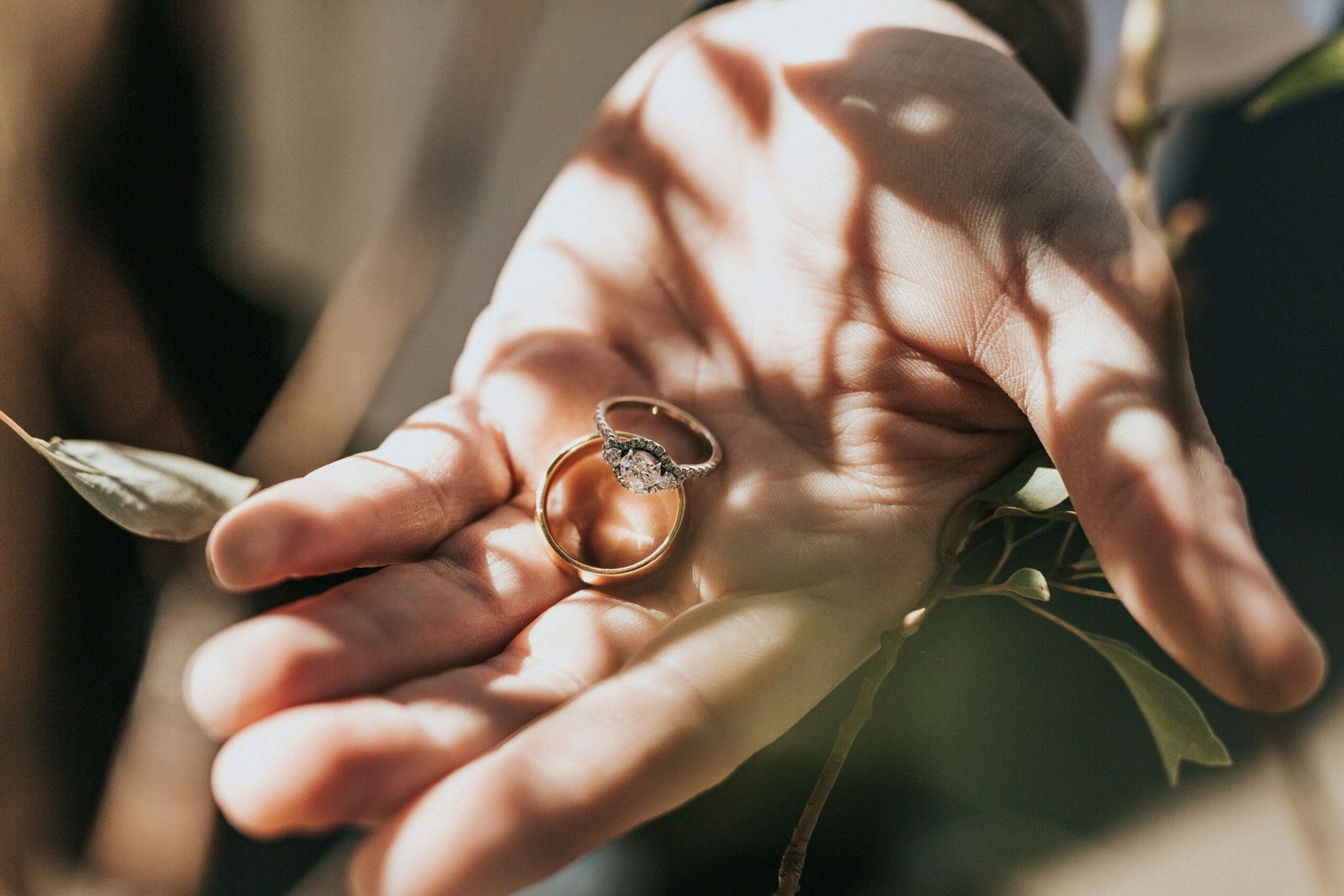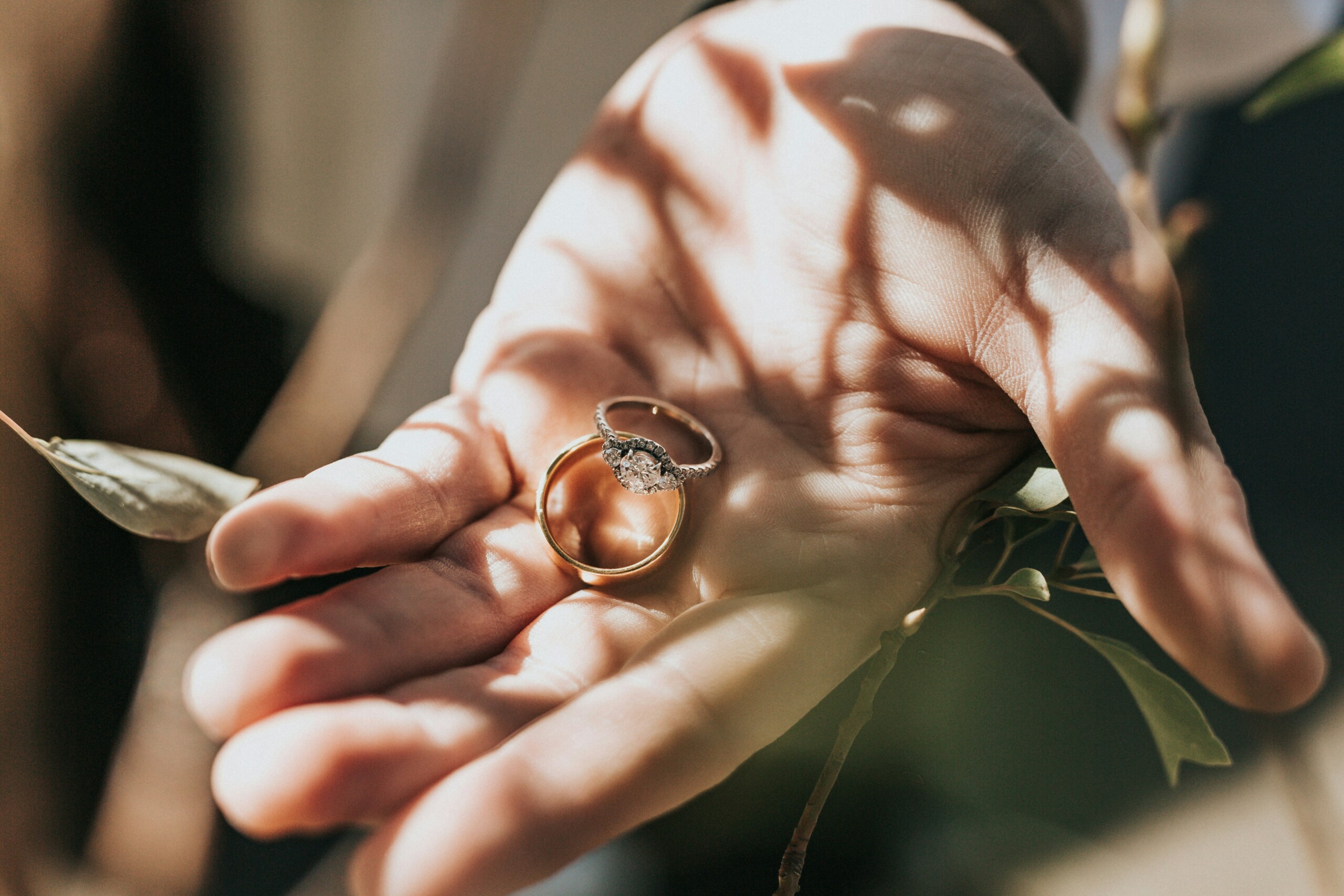
La Ilaha Ila Allah, There is no god but God.
For me, this has always been the essence of Islam. The worship of one God is a message that is present all throughout the Quran, and that is the heart of the religion. This sense of unity is present in how Allah has created everything, that Allah is neither a male nor a female, and that Allah is unlike anything else in all of the creation. One of the physical representations of this statement is the fact that Muslims prostrate to Allah. Yet a few years ago, I came across a hadith, which many might be familiar with, that claimed that the Prophet Muhammad (SAW), said that if he could order anyone to prostrate to someone other than God, he would order women to prostrate to their husbands.
The hadith shook me to my core. I found myself fighting an internal battle. What can I take of this hadith? As a Muslim, I am only supposed to bow to Allah; and all Muslims are equal in front of Allah in their duties and responsibilities. The hadith felt like a reminder that husbands have more rights than their wives. Men and women are equal, but what changes when a woman gets married? Why cannot she still be equal as a wife? Over the years, I had heard from my family and larger society that one of the obligations of a wife was to obey her husband, and that he was the leader of the family. These ideas and interpretations of religion were a threat to my freedom, and as a result, they made me worry about getting married instead of looking forward to having a partner in life.
If a marriage is this hierarchical, it becomes a master-slave relationship that caters for one side only; that of the husband. When the husband’s personal desires are favoured, a marriage is no longer a companionship based on love and equal respect. When a marriage is devoid of kindness and equality, how would I be truly happy in what becomes, essentially, a cage? Feeling like I had no other choice but to expect these so-called ‘obligations of the wife,’ I started to think on how women make all sorts of justifications to accept these unjust practices. How would I manage under a future husband’s authority? Was my life as a Muslim woman meant to be one of servitude? Were my choices all under the mercy of another person’s moods, feelings, and desires?
This understanding of human relationships goes against the premise of unity in Islam, and makes God’s actions hinge on a human being’s actions. If the husband is happy with his wife’s actions, then God will be happy; this idea is worrisome and unacceptable as we cannot equate God to a human being, or to put one partner on a pedestal to the other. In many Muslim societies, however, the husband continues to be viewed and treated as a master, while the women and children are viewed and treated as slaves or second-class human beings. This arrangement takes away people’s autonomy, silences their voices, distorts their sense of self, and causes psychological and mental distress. This permits abuse to continue in our communities, and goes against the teachings of our religion of justice and equality between all human beings, without discrimination.
We know from our religion that Prophet Ibrahim (AS) went against his own father and that Asiyah (AS) went against her husband. We also know that a believer who does good deeds “whether a male or a female” will receive the reward for it (16:97). Allah views men and women as “like the other” (3:195) and that they are “protectors of one another” (9:71). Allah commands husbands to live with their wives in a “kind and honourable way” (4:19) and to either “keep them honourably or release them honourably” (2:231). Allah has commanded all Muslims to stand for justice, even if they have to go against their parents or other family members (4:135).
Human beings are flawed, and we need to remind ourselves and our communities that Allah is the most Just and that Allah loves those who are just. Allah guaranteed us that Prophet Muhammad (SAW) was of sound and good moral character. It is thus our responsibility as Muslims to use our good judgement and our conscience, and not blindly follow interpretations that endorse harmful practices. This also applies to hadiths, as we now know that some hadiths include fabrications and man-made interpretations, such as the hadith claiming that Aisha was married as a child of 9 years old. These fabrications could have been due to conflicting political interests of the time, the ways in which some cultures weaved in their own practices with Islam or mistranslated it, or simply because people may not have remembered something correctly.
In the heart of Islam is the worship of God; and this entails that we stand for justice and call out injustices when we see them. Interpretations that continue to limit women’s lives, dictate that their role is to obey other human beings, or to live like captives to their husbands, are rulings that go against the values and ethos of our religion. They also go against the concept of unity of one God. Looking back at the internal strife I felt a few years ago, I now feel relief. When I hear others say that a woman who makes her own decisions is going against God, I stand strong in my belief: God is Just and Compassionate. I have faith that what they say does not represent the God I know and love.
Fareen Ali is a writer from California, USA. Her research interests focus on Bangladesh, and histories pertaining to Islam, gender, race, and colonialism studies.

